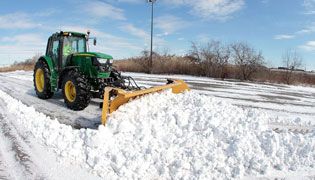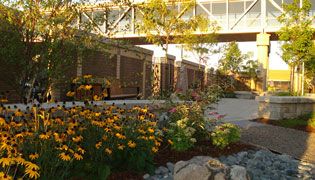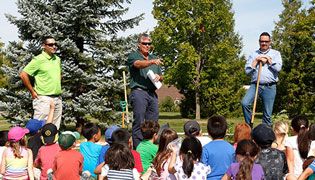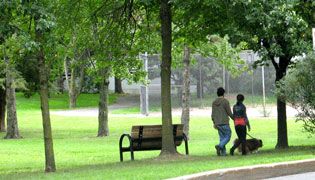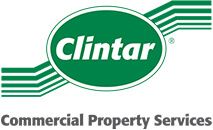Clintar Upholds an Environment-First Culture
We root all our standards and practices in preserving the earth’s natural resources for a positive environmental impact for future generations to enjoy.
A vital part of Clintar’s mandate is being a corporate social responsible company, as such we are constantly researching and acquiring more efficient and sustainable practices and products to introduce to our everyday practises.
Battery Operated Equipment
As one of our main goals to be leaders and innovators in the landscaping management and maintenance industry, we are constantly researching the most environmentally efficient practices and equipment to reduce our carbon footprint and emission of fossil fuel into the environment.
We are one of the first landscape management and maintenance companies to launch the use of battery-operated equipment in Alberta, Canada and encourage all of our franchises to use battery-operated equipment when possible.
Clintar’s Battery-Operated Equipment list includes:
- Line Trimmers
- Hedge Trimmers
- Blowers (handheld and backpack versions)
- Chainsaws
- Various Hand Tools
- Mowing Fleet
Key Sustainable Practices Clintar Utilizes:
- Integrated Pest Management – an ecosystem-based strategy that focuses on long-term prevention of pests through a combination of techniques such as biological control, habitat manipulation, modification of cultural practices, and use of resistant varieties.
- Hybrid Fleet – Clintar branded, hybrid vehicles for equipment transportation and site visits.
- Waste reduction and safe disposal of organics, concrete and asphalt.
- Project planning to reduce water usage, carbon emission and improve fuel efficiency.
- Eco-friendly landscaping to prevent runoff, reduce pollutants entering the groundwater, promote water conservation and protect the soil.
- Water & soil conservation through effective irrigation systems, such as UgMo.
- Natural horticultural methods to reduce the need for fertilizers and pesticides.
- Recycling of organics, soil, concrete and asphalt when possible.
- Reduction of carbon emissions through efficient route planning and use of electric vehicles when possible.
- Less corrosive salt use, which can also reduce salt-use up to 25% compared to regular salt.

